Mortgage renewal tips
When renewing your mortgage, consider the following tips to make informed decisions and potentially secure better terms:
Start Early: Begin the mortgage renewal process well in advance of your current mortgage term's expiration. This will allow you sufficient time to explore options, negotiate rates, and compare offers from different lenders.
Assess Your Financial Situation: Take a comprehensive look at your financial circumstances. Evaluate your income, expenses, and overall budget to determine what you can comfortably afford in terms of monthly mortgage payments. Consider any changes in your financial situation since you initially obtained your mortgage. If you are renewing at a time when rates are elevated, then your payments could likely be higher at renewal. Consider a shorter term to wait out the uncertainties, consider extending your amortization to reduce payments or refinancing the mortgage to consolidate other debts.
Shop Around: Don't settle for the first renewal offer you receive from your current lender. Explore the market and obtain mortgage quotes from multiple lenders to compare interest rates, terms, and conditions. This will help you find the most competitive deal that suits your needs.
Understand the Mortgage Options: Familiarize yourself with the various mortgage options available to you. Determine whether a fixed-rate mortgage, adjustable-rate mortgage, or hybrid mortgage is most suitable for your financial goals and risk tolerance. Consider the pros and cons of each option.
Negotiate: Once you have multiple mortgage offers, use them as leverage to negotiate with lenders. Don't hesitate to ask for better rates, reduced fees, or improved terms. Lenders may be willing to negotiate to retain your business.
Consider Mortgage Term: Assess your plans and financial goals to determine the ideal mortgage term. Shorter terms usually have lower interest rates but higher monthly payments, while longer terms offer more affordability but may result in higher overall interest costs. Choose a term that aligns with your financial objectives.
Review Mortgage Features: Understand the features and flexibility offered by different mortgage products. Consider factors such as prepayment options, portability (ability to transfer the mortgage to a new property), and penalties for breaking the mortgage early. These features can significantly impact your financial flexibility.
Seek Professional Advice: Consult with a mortgage broker or financial advisor who can provide expert guidance and help you navigate the renewal process. They can analyze your financial situation, assist in comparing offers, and offer personalized recommendations tailored to your needs.
Read the Fine Print: Carefully review the terms and conditions of the mortgage renewal contract before signing. Ensure you understand all aspects, including interest rates, payment frequency, prepayment penalties, and any associated fees. Seek clarification on anything you find unclear or ambiguous.
Plan for the Future: Consider your long-term financial goals when renewing your mortgage. Evaluate how the terms of the renewal align with your plans for home ownership, debt reduction, investment strategies, or other financial objectives. Make sure the renewed mortgage supports your overall financial well-being.
Remember, mortgage renewal is an opportunity to reassess your financial situation and potentially secure better terms. By being proactive, researching options, and seeking professional advice, you can make informed decisions that align with your financial goals.
Renewing your mortgage with your own financial institution can often be the path of least resistance as the lenders do not require a new credit application. They will provide you with their best rates, generally 45 days before renewal and you as the homeowner (or a broker) have the option to negotiate on those rates or sign and accept the offers presented. Provided you have always made your payments on time, you will not have to re-qualify.
It is always recommended to shop around as there are likely savings to be had. If you transfer your mortgage, you will want to inquire if there are any fees associated with the application and if there would be any qualifying issues. If you are prepared to go through the application and the paperwork process there are often cost benefits. What you will need to determine is if the time it takes to go through the process, is worth the savings.
Reach out to one of our mortgage professionals to go through your options and see what the savings or cost benefits could be!

